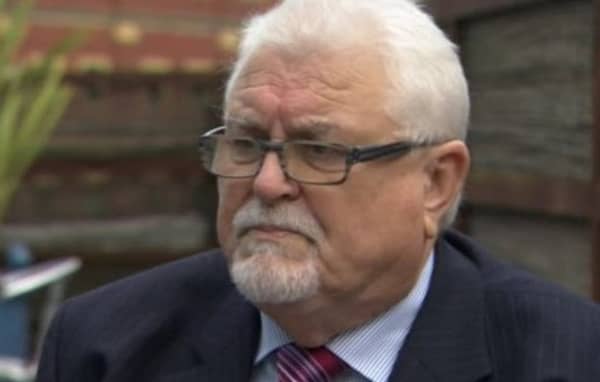Cross-party Members of Parliament from both the UK and European countries took part in a virtual conference on Thursday, 10 September 2020, to support the global campaign to seek justice for victims of the 1988 massacre of political prisoners in Iran.
Prominent human rights lawyers, a former UN official, the UK Representative of the Iranian Resistance Movement (NCRI), European parliamentarians and dignitaries also participated in the conference, which heard testimonies from the family members of the victims of the 1988 massacre.
Speakers agreed that the massacre of 30,000 political prisoners in Iran in 1988 is an ongoing crime against humanity ordered by the highest authority in the country at the time. They also argued that the appalling human rights situation in Iran is a direct result of the failure of the international community to hold the perpetrators of the 1988 massacre to account.
The keynote speaker at this event was Mrs. Maryam Rajavi, the National Council of Resistance of Iran (NCRI).
Lord Ken Maginnis of Drumglass, member of the House of Lords joined the Online Parliamentary Conference by Cross-Party UK, European MPs and Prominent Jurists on 1988 Massacre in Iran. In his remarks, Lord Maginnis said, “The brutal leaders of Iran must be held to account. We must demand an international inquiry into the 1988 massacre, which is also demanded by the people of Iran.”
Lord Ken Maginnis of Drumglass, member of the House of Lords:
The subject of this discussion is so important that it cannot be delayed to after the pandemic. We were previously told [regime President Hassan] Rouhani is a moderate who is interested in reaching out to the West and reforming Iran’s malign behavior.
Iran was showered with incentives under the 2015 nuclear deal. Yet the only change was the worsening of the regime’s malign behavior, including its human rights violations, destabilizing activities and nuclear program.
The sad reality is the FCO’s elusive belief in the emergence of a moderate faction in the regime has paralyzed the government and prevented it from adopting an effective policy toward Iran.
Today, the FCO is guided not by illusion but by fear of the regime. The regime is not as strong as it claims. It is at its weakest point. Our government is still sending a weak signal to the regime.
The United Kingdom is refusing to support reimposing UN Security Council sanctions on Iran despite the regime breaching the nuclear deal, and does not support blocking the ending of the arms embargo. But our citizens are seriously concerned about the consequences of these developments.
Ironically, our government is only doubling down on the appeasement policy, which has led to Iran ignoring our policy on British hostages and allowed Iran to dictate its own policy.
The UK government must adopt a firm policy on Iran and put maximum pressure on the regime in all areas. The UK must stand with the Iranian people and their resistance movement led by Madam Rajavi, who is the real driving force for change in Iran. The brutal leaders of Iran must be held to account. We must demand an international inquiry into the 1988 massacre, which is also demanded by the people of Iran.
